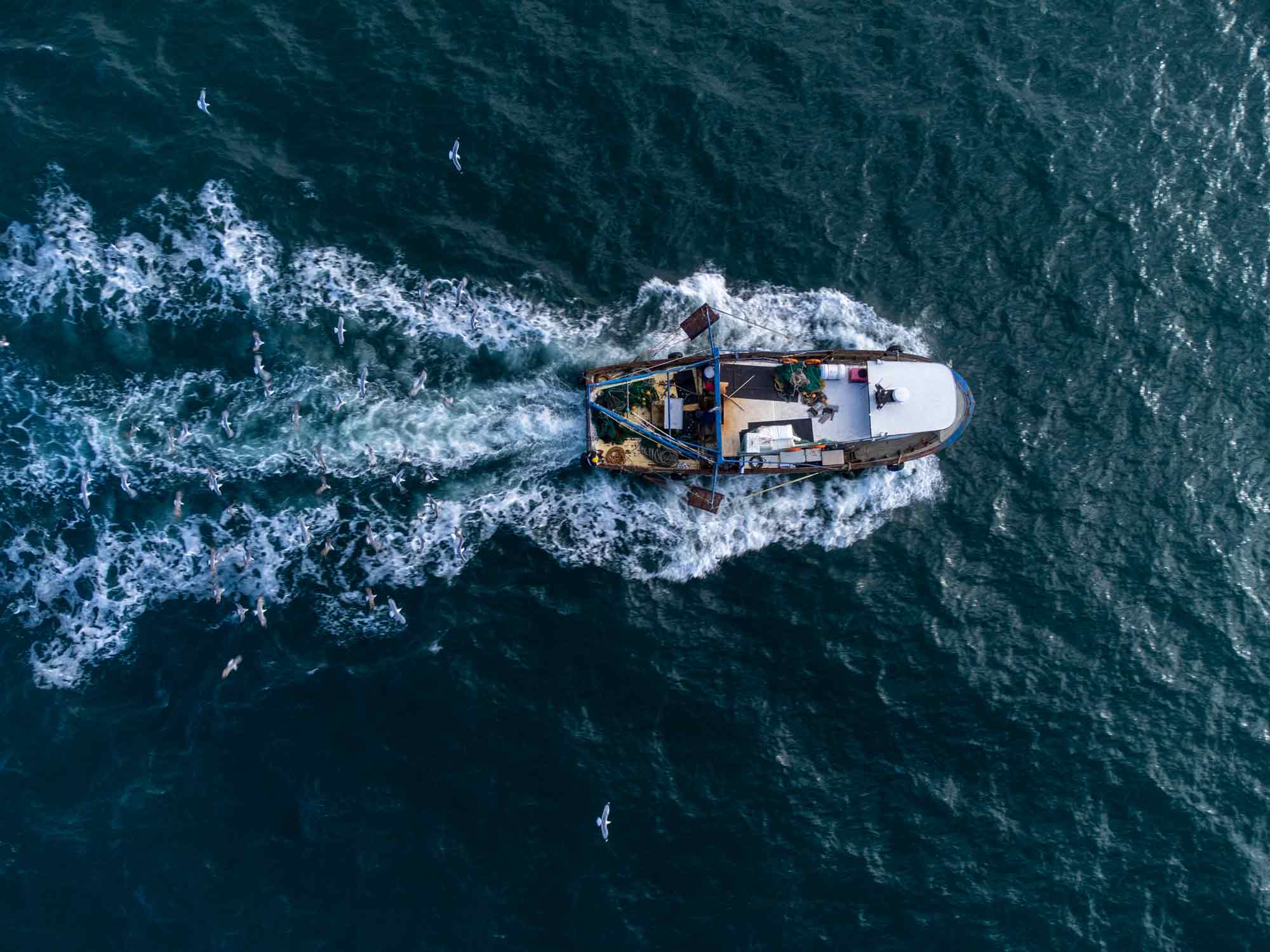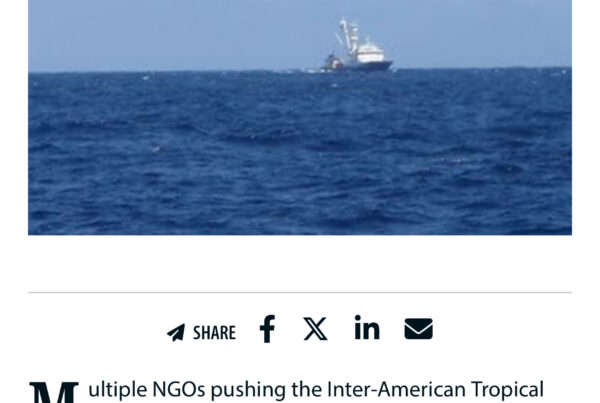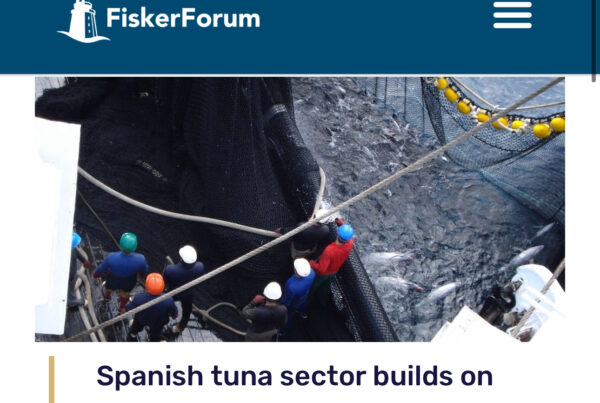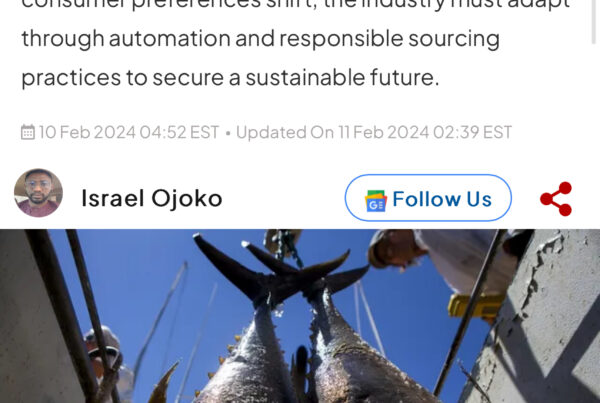A new international research study has tracked 35,000 commercial fishing and support vessels, identifying their changing of country registration and also identified hotspots of potential unauthorized fishing and activity of foreign owned vessels. Changing the country of origin is a practice also known as “reflagging.”
The study, “Tracking Elusive and Shifting Identities of the Global Fishing Fleet,” was published Jan. 18 in Science Advances, the open access multidisciplinary journal of the American Association for the Advancement of Science.
Participants in the project were researchers from Global Fishing Watch, the Maine Geospatial Ecology lab at Duke University and the Stockholm Resilience Centre.
The study found that close to 20% of high seas fishing is done by vessels that are either internationally unregulated or not publicly authorized, with large concentrations of these ships operating in the Southwest Atlantic Ocean and the western Indian Ocean.



